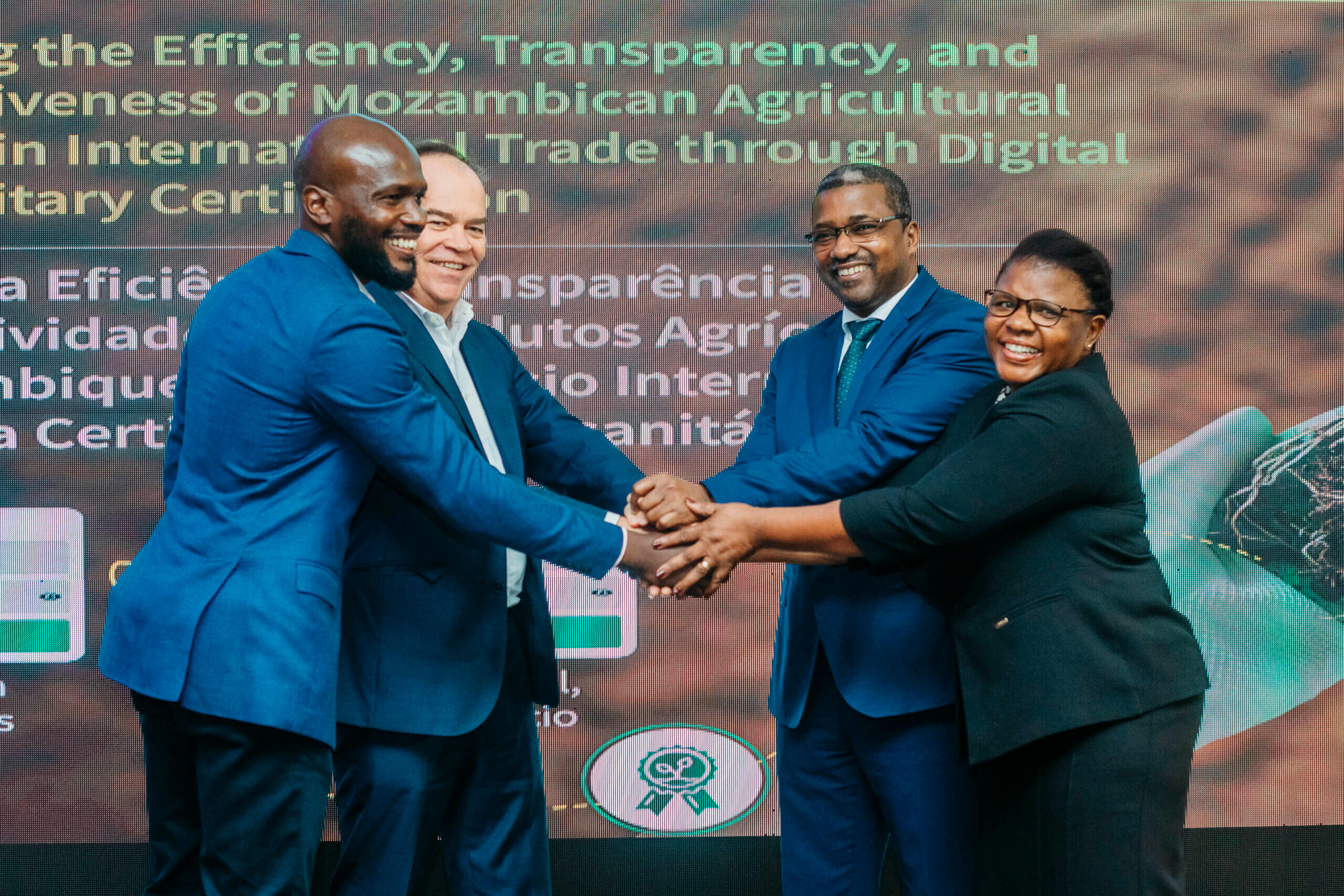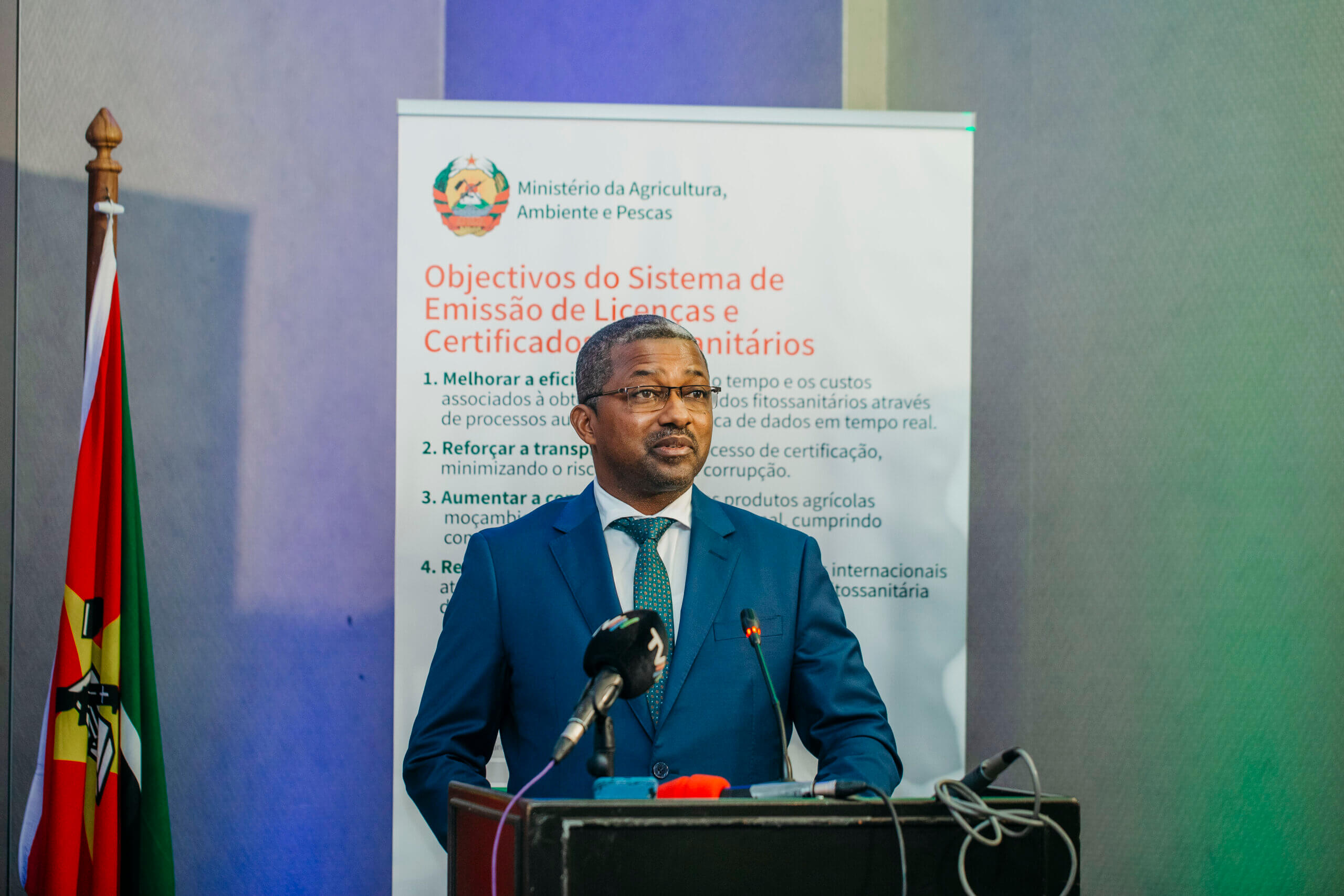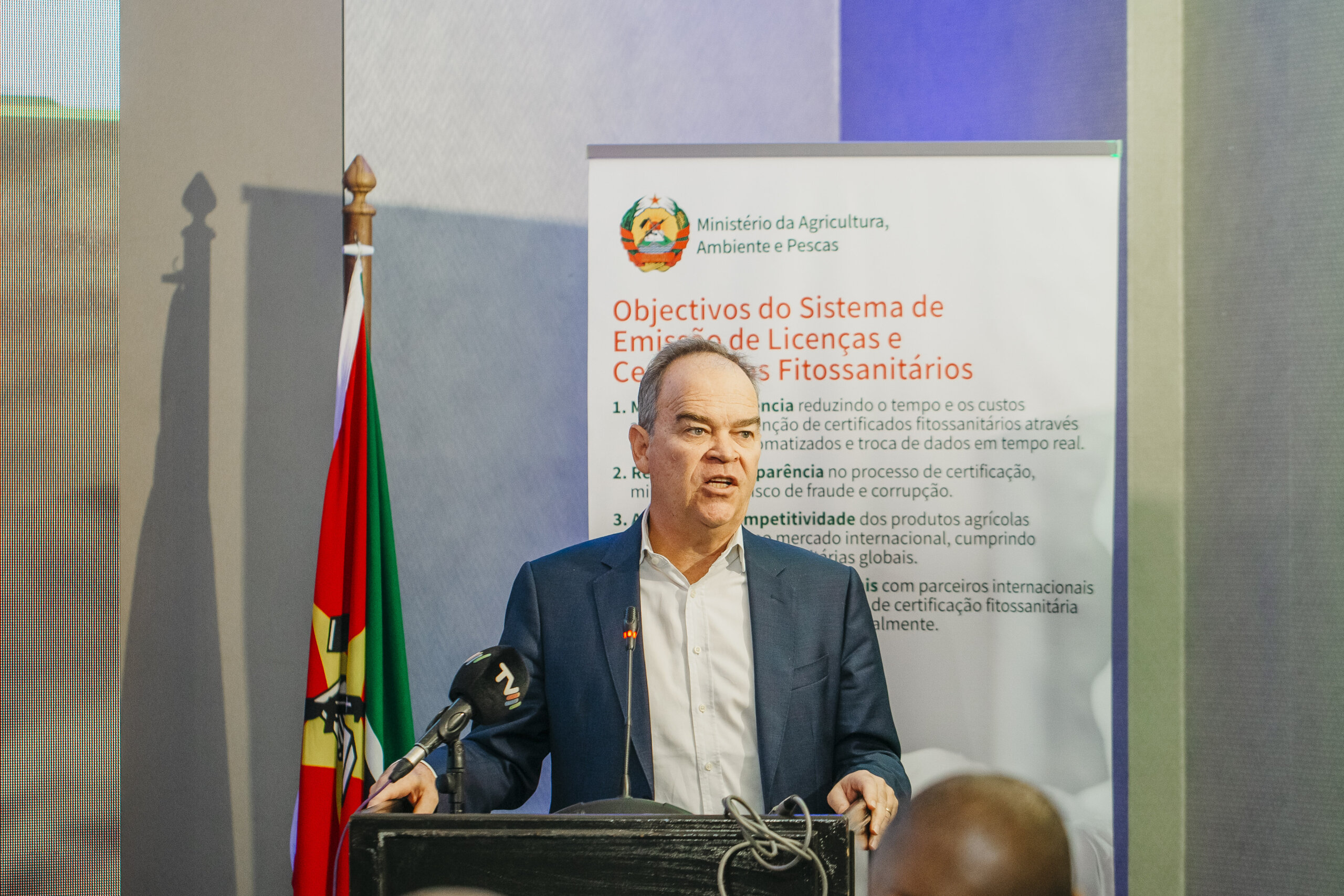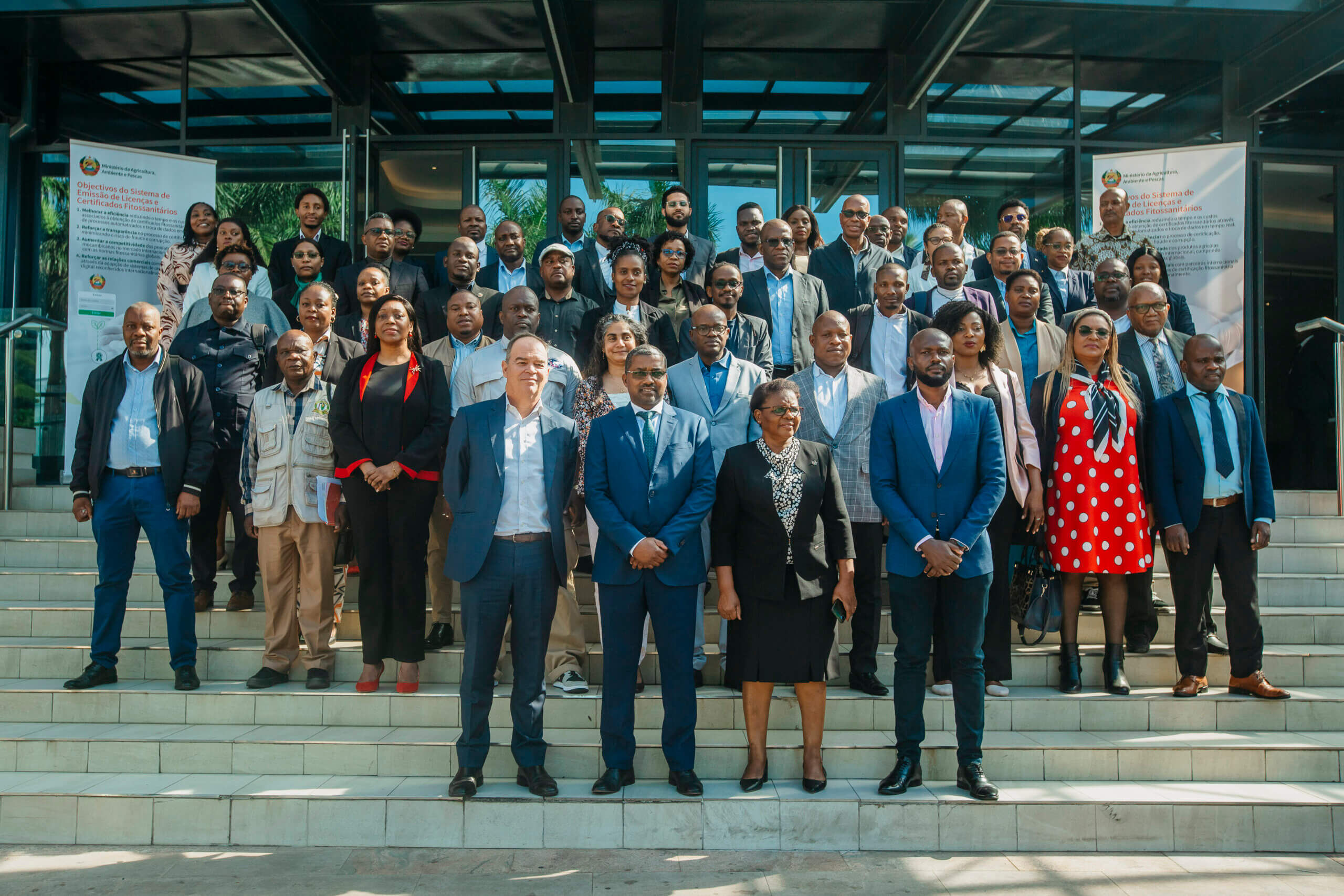The Government of Mozambique, through its Ministry of Agriculture, Environment and Fisheries (MAAP), has officially launched a national electronic phytosanitary certification system, known as e-Phyto. This initiative marks a significant step towards modernising the nation’s agricultural trade by aiming to reduce delays in both export and import processes, while also aligning Mozambique with international standards. The development of this crucial system was supported technically by TradeMark Africa (TMA) and financially by the Governments of Ireland and the Netherlands. By replacing the cumbersome manual, paper-based certification process, the e-Phyto system is anticipated to substantially decrease transaction costs, expedite processing times, and enhance adherence to global phytosanitary regulations.

Agriculture plays a pivotal role in Mozambique’s economy, contributing a substantial 24.3% to the nation’s GDP in 2023, as reported by the World Bank. Previously, exporters dealing with key commodities such as bananas, mangos, lychees, cashew nuts, seeds, seedlings, and biological control agents faced a demanding process. They were required to physically submit hardcopy applications either at the National Directorate of Agricultural Health and Biosafety (DNSAB) headquarters or at any of its 41 regional offices spread across the country. This often involved numerous office visits, trips to the bank for payments, repeated follow-ups, and considerable waiting periods for necessary approvals.
The newly implemented e-Phyto system introduces a completely paperless procedure, encompassing every stage from application submission and online payment to document review, inspection scheduling, approval, and the issuance of digital certificates. This digital transformation is projected to dramatically reduce the average processing time for certifications to a mere day. In a video conference address, the Minister of Agriculture, Environment and Fisheries in Mozambique, the Honourable Roberto Mito Albino, emphasised that this system represents a long-awaited yet vital advancement in transforming the country’s trade and agricultural certification processes. He highlighted the inefficiencies, time-consuming nature, and susceptibility to errors or fraud inherent in the manual system, which imposed significant costs and eroded trust, thereby hindering Mozambique’s competitive edge in regional and global markets. The Minister expressed confidence that the e-Phyto system will enhance predictability and accessibility, particularly benefiting smallholder exporters and SMEs in even the most remote areas through timely and efficient services.

Adding to this perspective, the Permanent Secretary of the Ministry of Agriculture, Environment and Fisheries, Acubar Baptista, underscored the decisive and significant progress this represents for Mozambique’s agricultural trade. He noted that the process has been simplified to the point where traders can now lodge applications online, pay the required fees, and track approvals from the convenience of their homes or offices, effectively eliminating the need for countless physical visits previously required to obtain certification. The transition from a purely manual system, which took an average of 12 days for application, inspection, and certificate issuance, to the automated e-Phyto system, expected to take just 2-3 days through smart inspection and system-based processes including digital payment, signifies a substantial improvement. Furthermore, the automation mitigates the risks of administrative errors and potential loopholes for fraudulent certificate issuance, which could previously slow down trade flows and foster mistrust.

Mark Priestley, TradeMark Africa’s Senior Director for Trade Environment, described the e-Phyto system as a “game-changer,” not only for its practical impact but also for the fundamental shift it embodies. He argued that the outdated manual system was no longer sustainable in a modern, fast-paced trading environment. The new capability for applicants to submit, pay for, and track certificate requests online, from their offices or homes, signifies a meaningful transformation for the sector. Following its deployment, the ePhyto system will be accessible to all traders across the country. Its integration with the Mozambique Electronic Single Window will facilitate streamlined data sharing among government agencies, and its connection to the International Plant Protection Convention (IPPC) e-Phyto Hub will enable the secure international exchange of phytosanitary certificates. Mr. Priestley concluded by noting that this integration will empower Mozambique to securely exchange certificates with its global trading partners, thereby reducing the risk of fraud and enhancing the reliability of plant health documentation.















